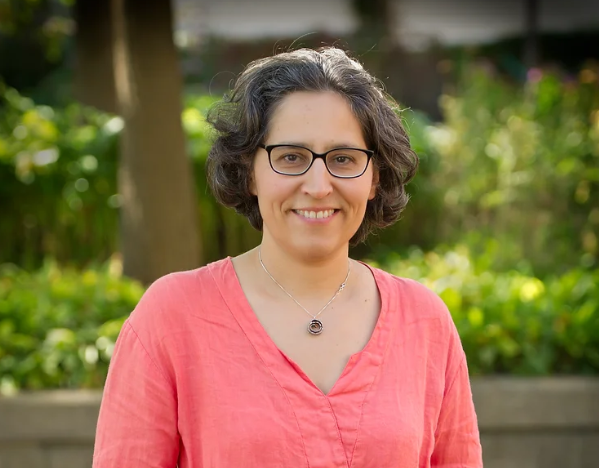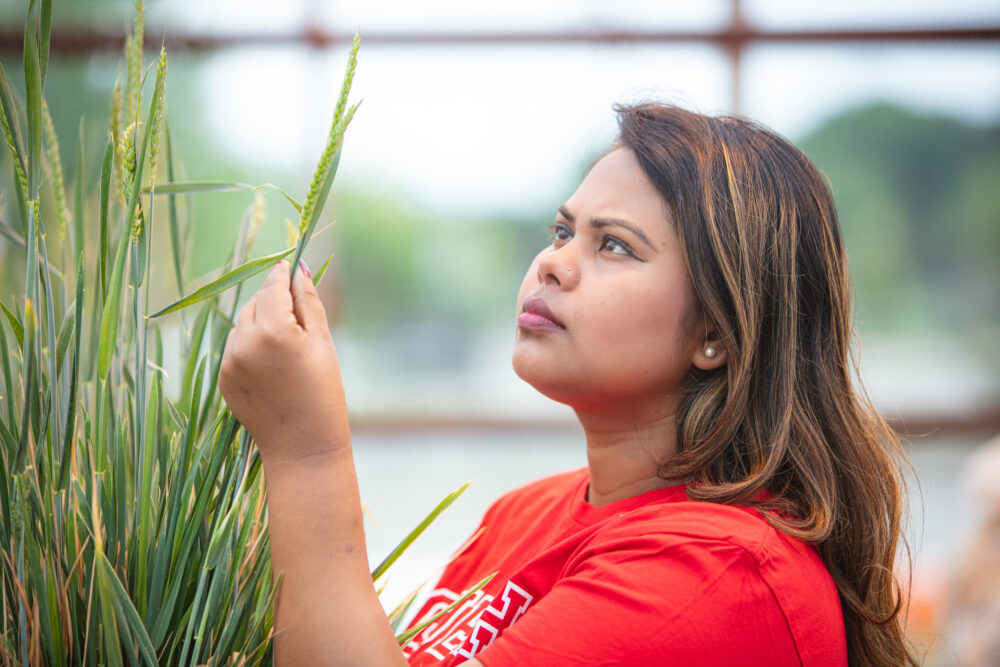Getting that first job post-graduation might be daunting, but a University of Guelph course could give students the head start they need.
A new master’s-level internship course at the Ontario Agricultural College (OAC), titled Internship in Agriculture, Environment, Food, and Communities, will help connect graduate students with a range of organizations in the agriculture, environment, food and community sectors.
The course is designed to provide organizations with valuable support for various projects and business challenges. For students enrolled in course-based master’s programs, the internship course offers hands-on experiential learning opportunities typically reserved for undergraduate co-op programs.

Dr. Emmanuelle Arnaud, professor and assistant OAC dean (graduate programs), highlights that both students and organizations will benefit from each other.
“Partner employers will have access to the bright minds of tomorrow’s leaders in agri-food, who bring fresh perspectives, innovative ideas, and a deep understanding of their fields,” says Arnaud. “The real strength of this internship lies in tapping into OAC’s network of over 30,000 alumni.”
This is OAC’s first graduate-level internship supported by U of G’s Experiential Learning Hub.
“OAC recognizes the immense value of experiential learning in developing professional skills, workplace awareness, and soft skills for all our graduate students,” adds Arnaud. “While we excel in academic training, we also want our students to have opportunities for professional development, and there’s no better way to achieve that than through this internship.”
The internship will last 12 to 16 weeks from May to August 2025. As the course takes place during the students’ last or second-to-last semester, employers may consider extending job offers upon completion.
Graduate students ready to apply knowledge
Participating students will have already completed a four-year undergraduate degree in agri-food or a related field, along with two full-time semesters of graduate studies. This makes them well-equipped to support a range of projects: conducting sustainability audits, reviewing operational processes, investigating emerging technologies and more.

“These students are nearing the completion of their master’s programs and are eager to apply their academic knowledge to real-world situations,” says Arnaud.
The course will emphasize independence, project management, research and critical thinking.
“We will actively work to understand the specific needs of each organization and align them with our students’ expertise, ensuring a successful match,” says Arnaud. “We are also committed to maintaining an equitable recruitment process for both students and employers.”
Participating employers will benefit by increasing their visibility in the academic community and showcasing their operations to a new generation of professionals. Such exposure can help attract future talent beyond the program.
Attracting recent graduates is among the many recommendations made by the Canadian Agriculture Human Resource Council, which predicts that one-third of the agricultural workforce will retire by 2030. This leaves more than 100,000 jobs needing to be filled.
As these employers will play a significant role in educating the next generation of professionals, they help to ensure continued innovation and growth in the sector.
The matching process will be completed by early February 2025, ensuring that both students and employers have adequate time to prepare.
Organizations interested in participating are encouraged to submit their project opportunities by November 2024 or contact OAC for more information.
Contact:
Dr. Emmanuelle Arnaud
earnaud@uoguelph.ca
